Dassanech
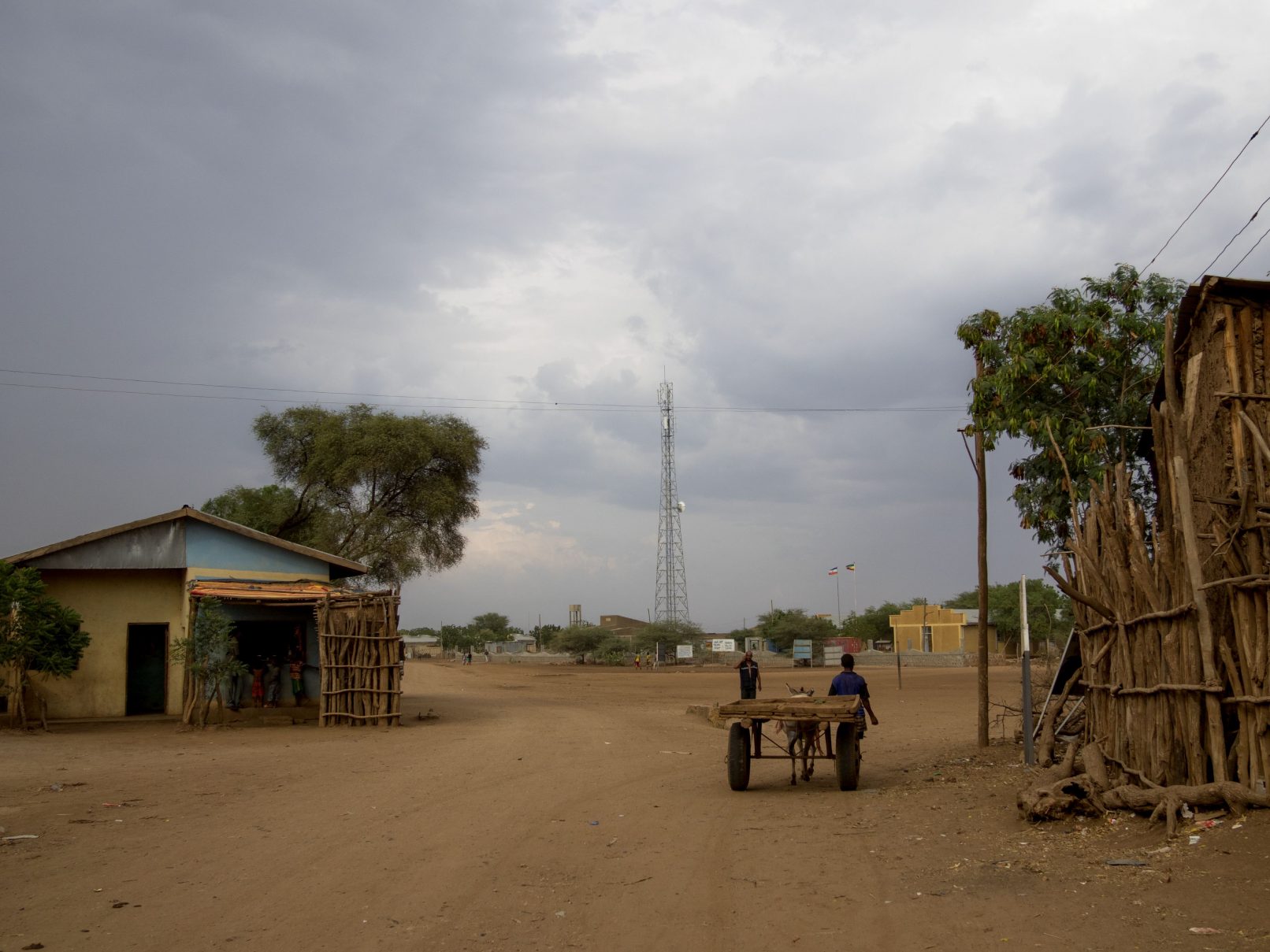
Dassenech area, South Omo. Facing frequent drought and devastating river floods, the Dassenech people are constantly battling against the elements. And as climate change creates increasing uncertainty, their situation is only getting worse. Dependent for centuries on livestock herding, the Dassenech people cannot conceive of another life. However, their water and pasture resources are increasingly becoming depleted resulting in hugely harmful effects on families as other options to make a living are in short supply. Many children, for example, experience severe malnourishment and diseases threaten the lives of people and livestock alike.
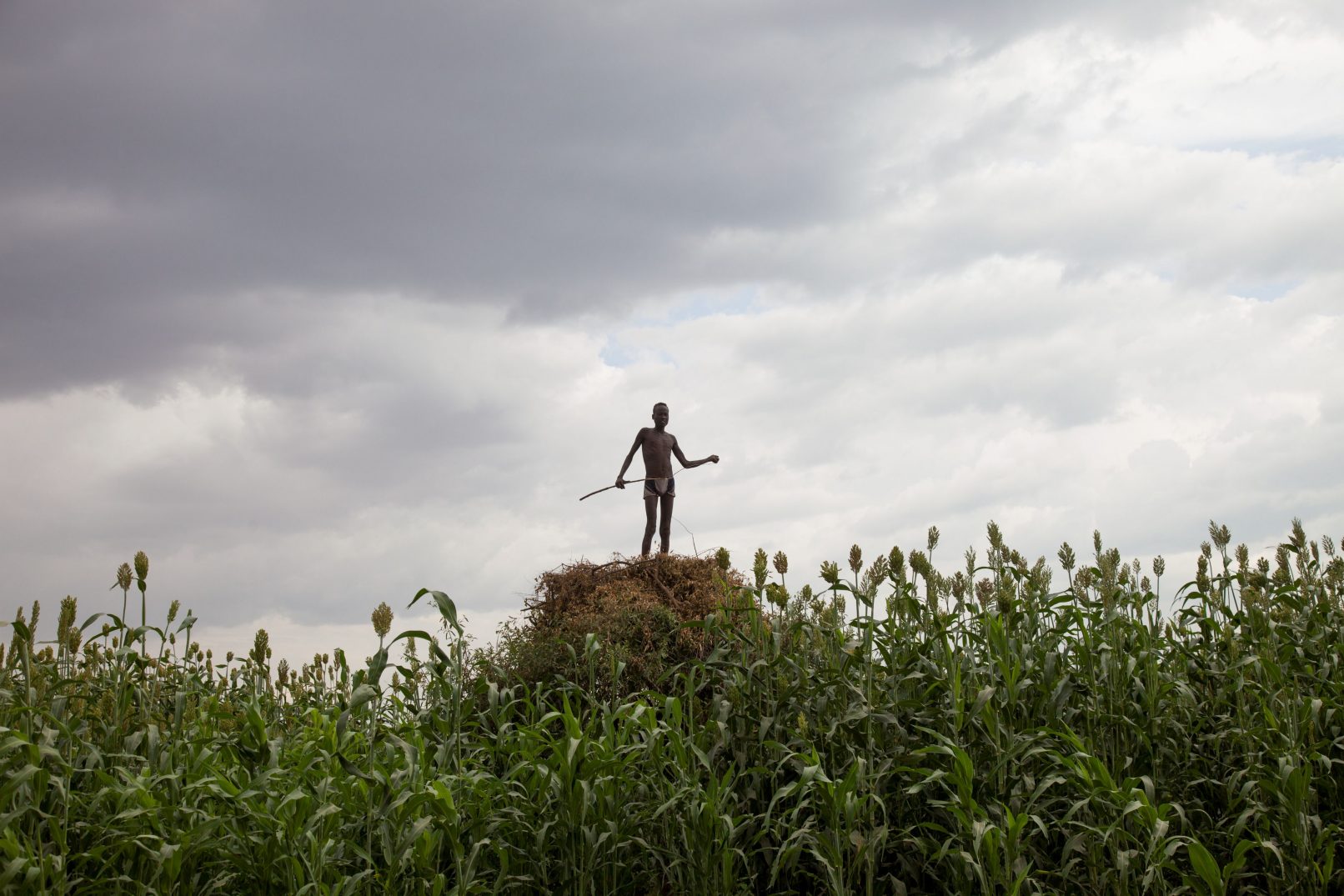
A young man protects his family's sorghum crops on the banks of the River Omo in the Dassenech region of South Omo.
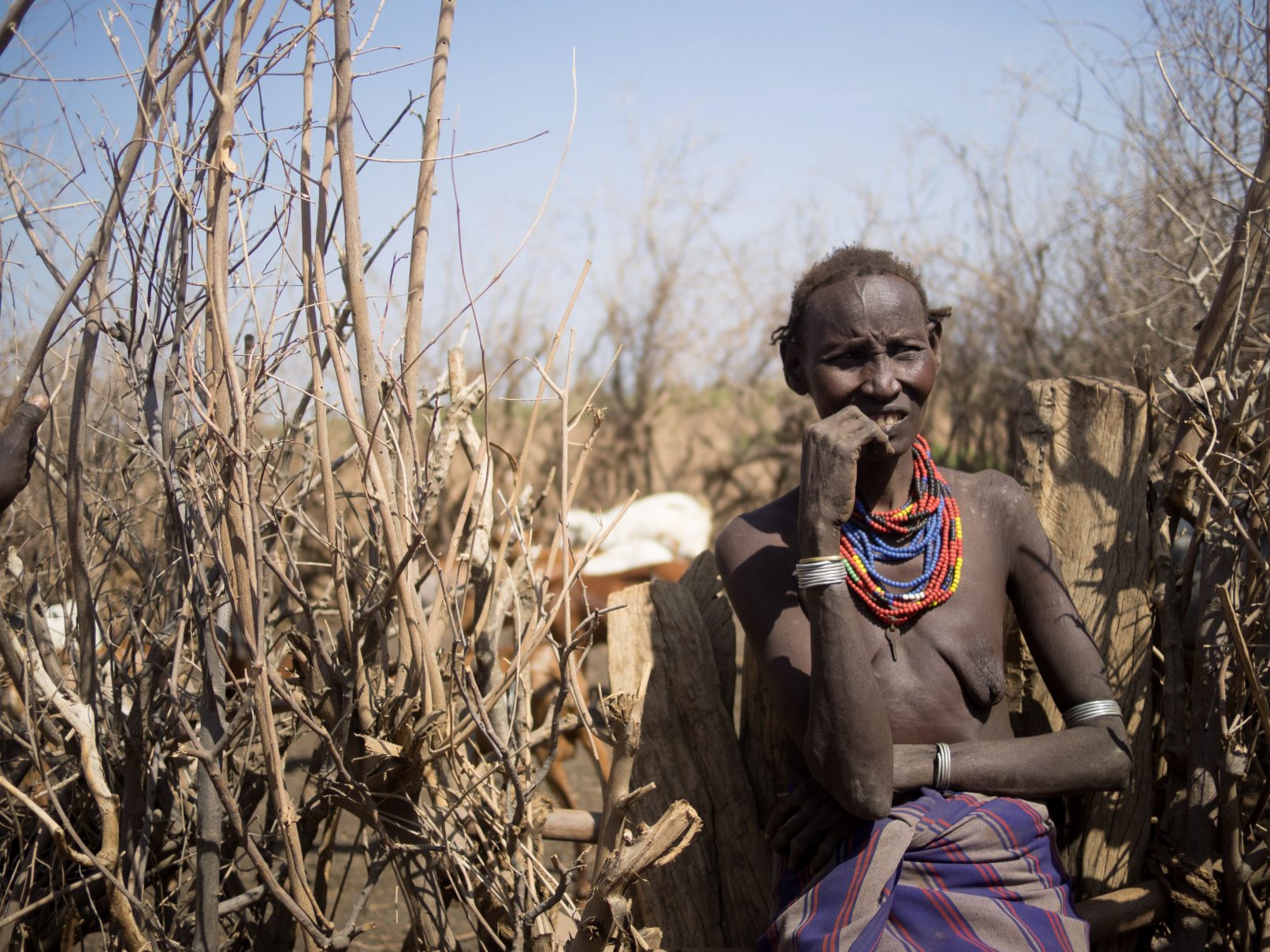
Neziya Kurigna, received five goats from ASE's small ruminant scheme as part of the resilience building project in Dassenech. She has ten goats now and has already paid back five goats. "Now I have goats and I get milk and I am equal with with those who have cattle. Goats have improved my social standing."
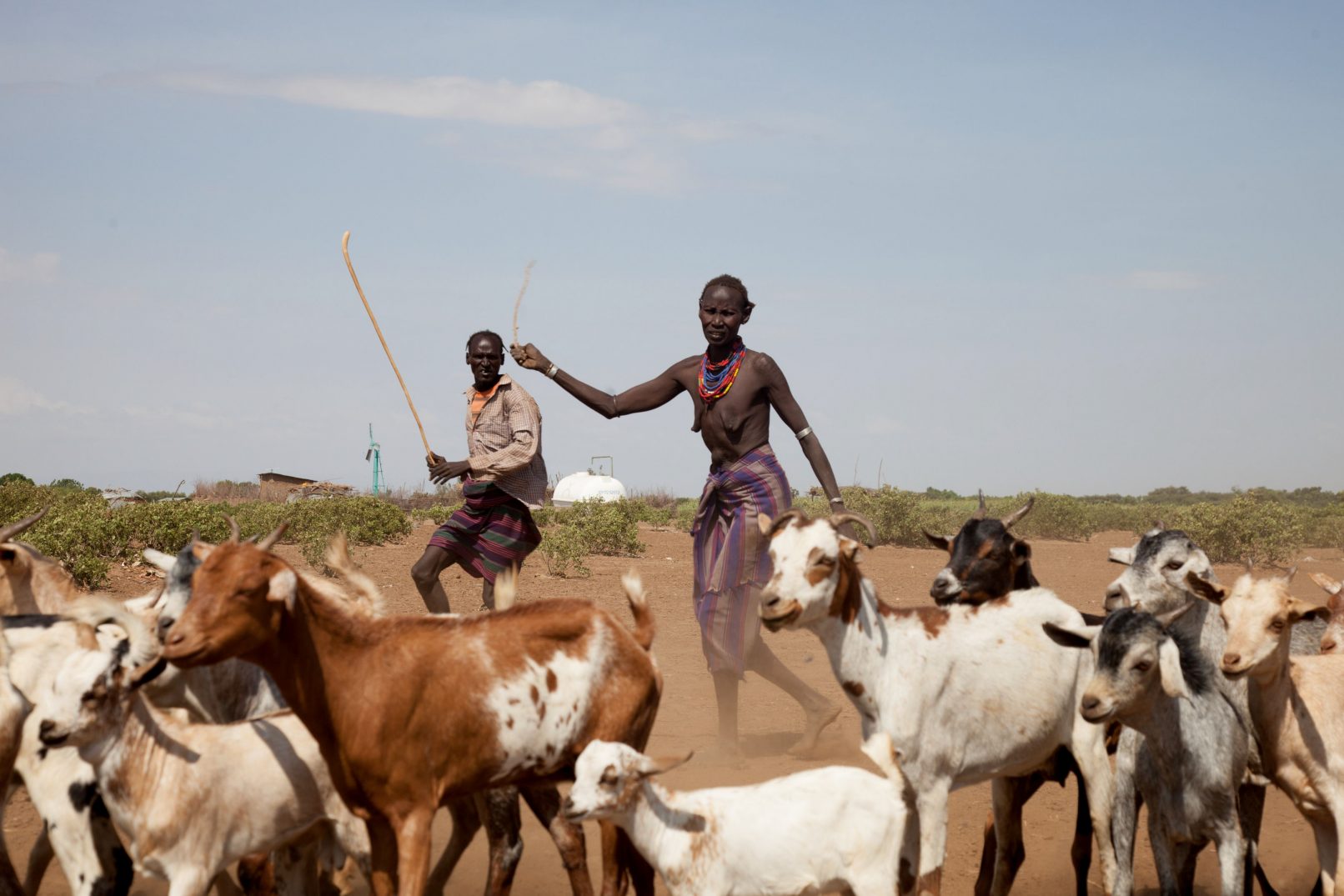
Small domestic animals like goats are relatively resilient to droughts and are considered a good sustainable alternative to cattle rearing. Christian Aid is supporting pastoralist families to doversify their livestock breeding and keep goats at home. this is particularly good for women who stay at home while men and boys take the cattle to graze far away from home. As women begin to own livestock themselves, it gives them new status within the community.
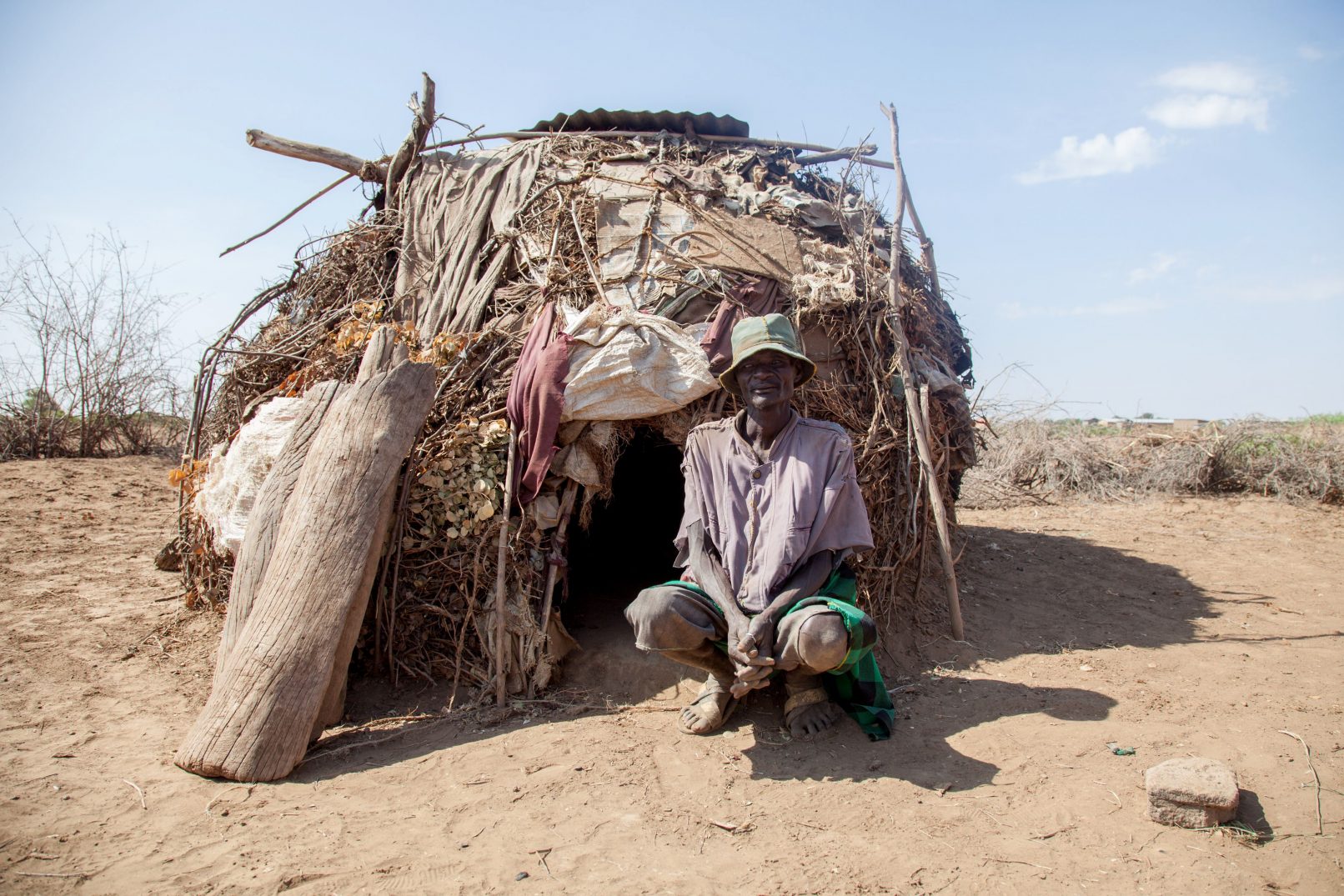
Nebal Kariye from Dassenech woreda received 10 goats in 2010 during the food crisis. He returned some of the goats to neighbours selected by the community as the poorest of the poor. Now he has a mother goat and 9 small kids. Nebal says he is living a better life. Previously he didnt have any source of income but now he sells his goats during holidays and traditional ceremonies to make money.
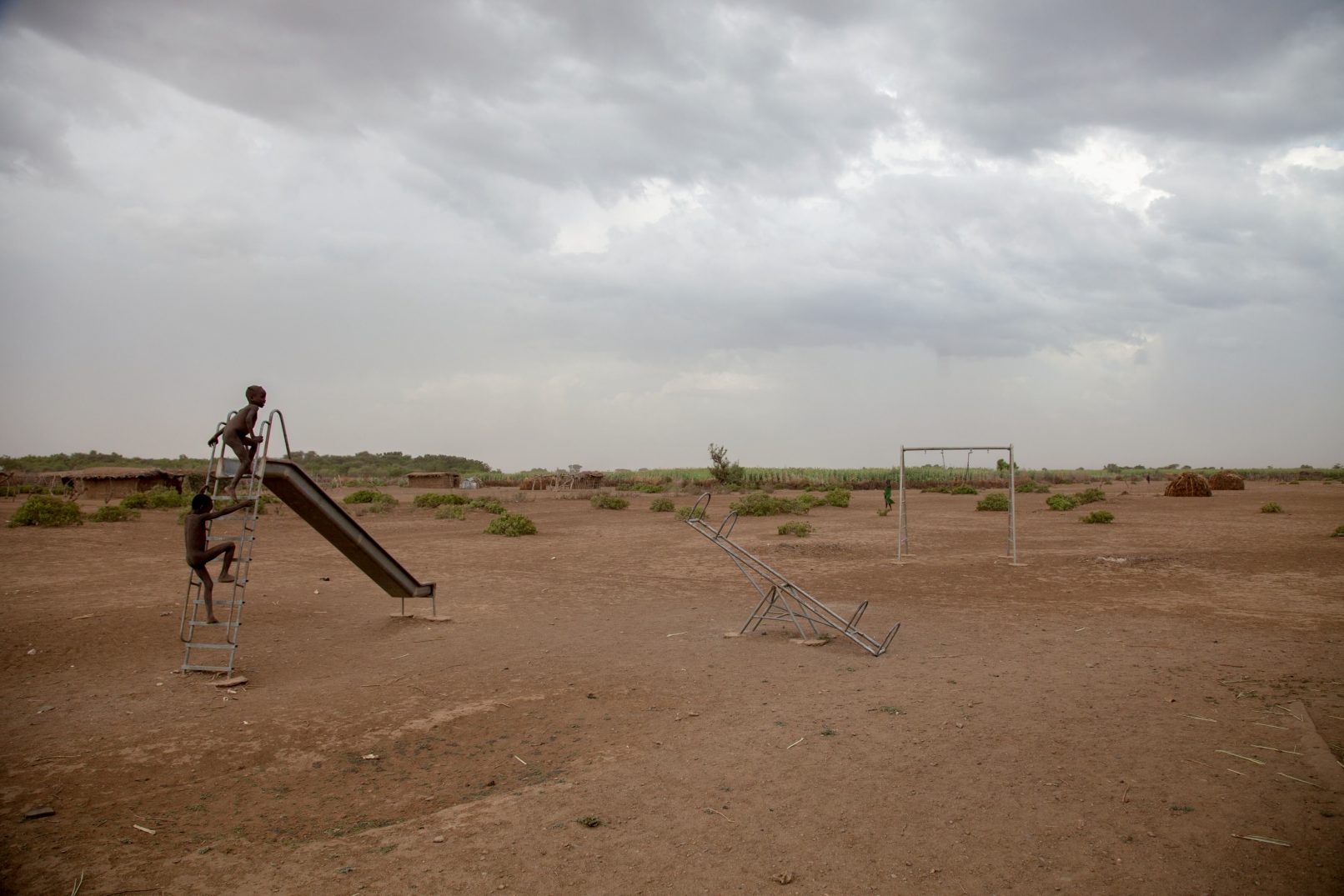
Children play in a village in the Dassenech region of South Omo. Dassenech area, South Omo.
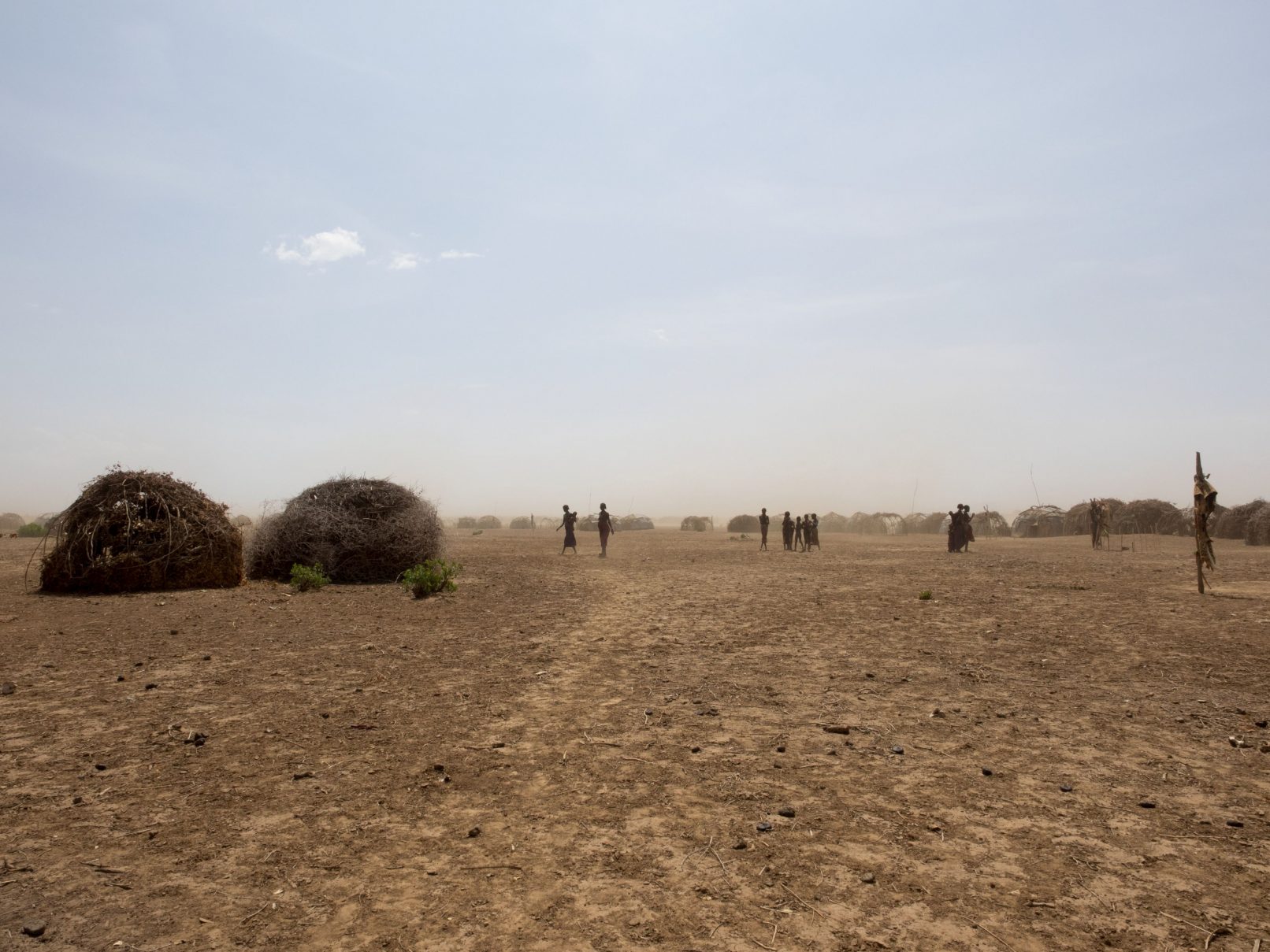
Dassenech area, South Omo.
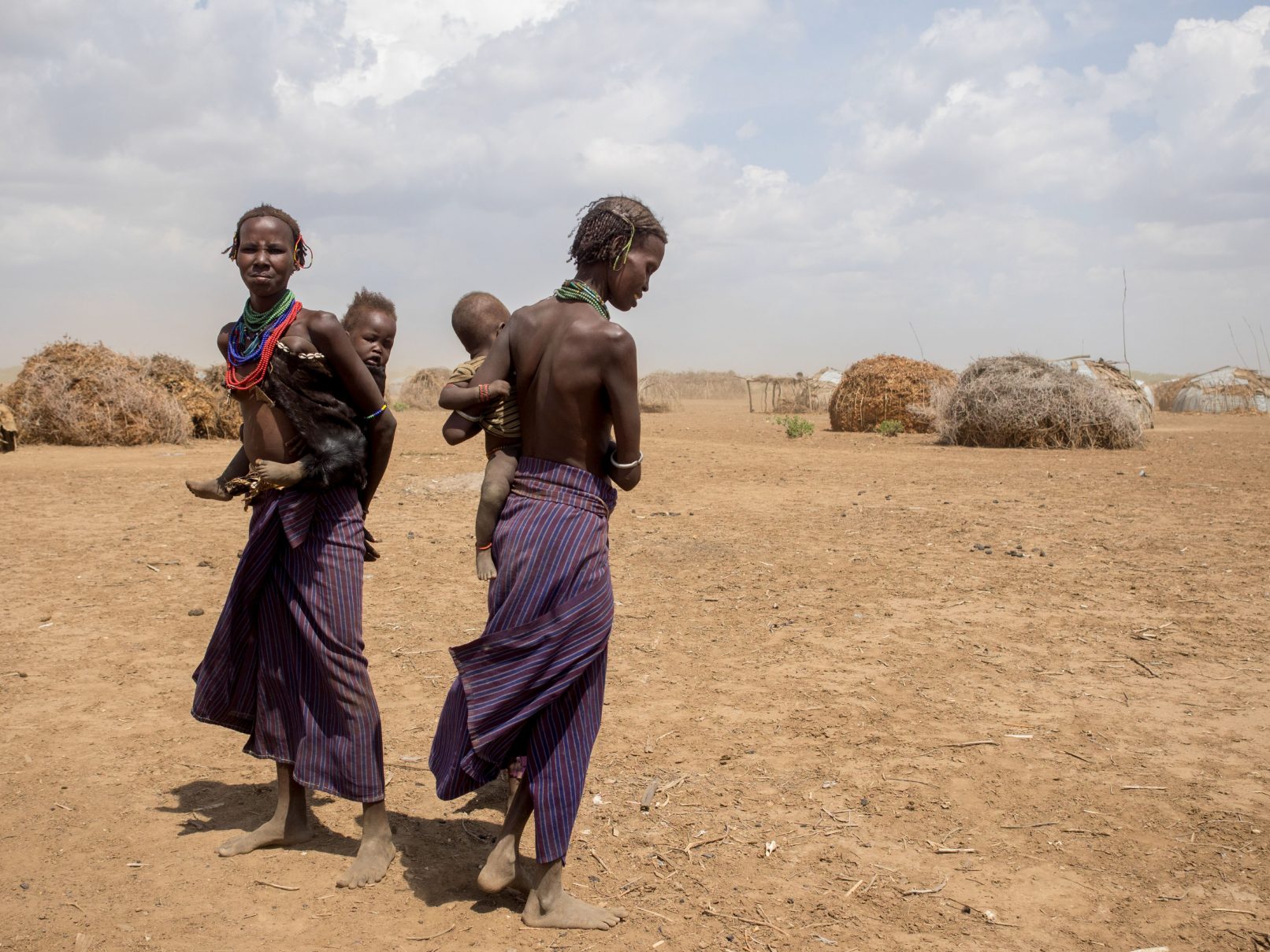
A community of the Dassenech people living near the river Omo in southern Ethiopia. The area is very harsh and faces severe droughts regularly, and even flash floods when the River Omo waters rise. As a result children often go hungry and many are severely malnourished. Christian Aid's partner ASE also helps raise awareness of traditions that can harm giirls and women especially such as FGM and child marriage which are banned under modern Ethiopian state law.
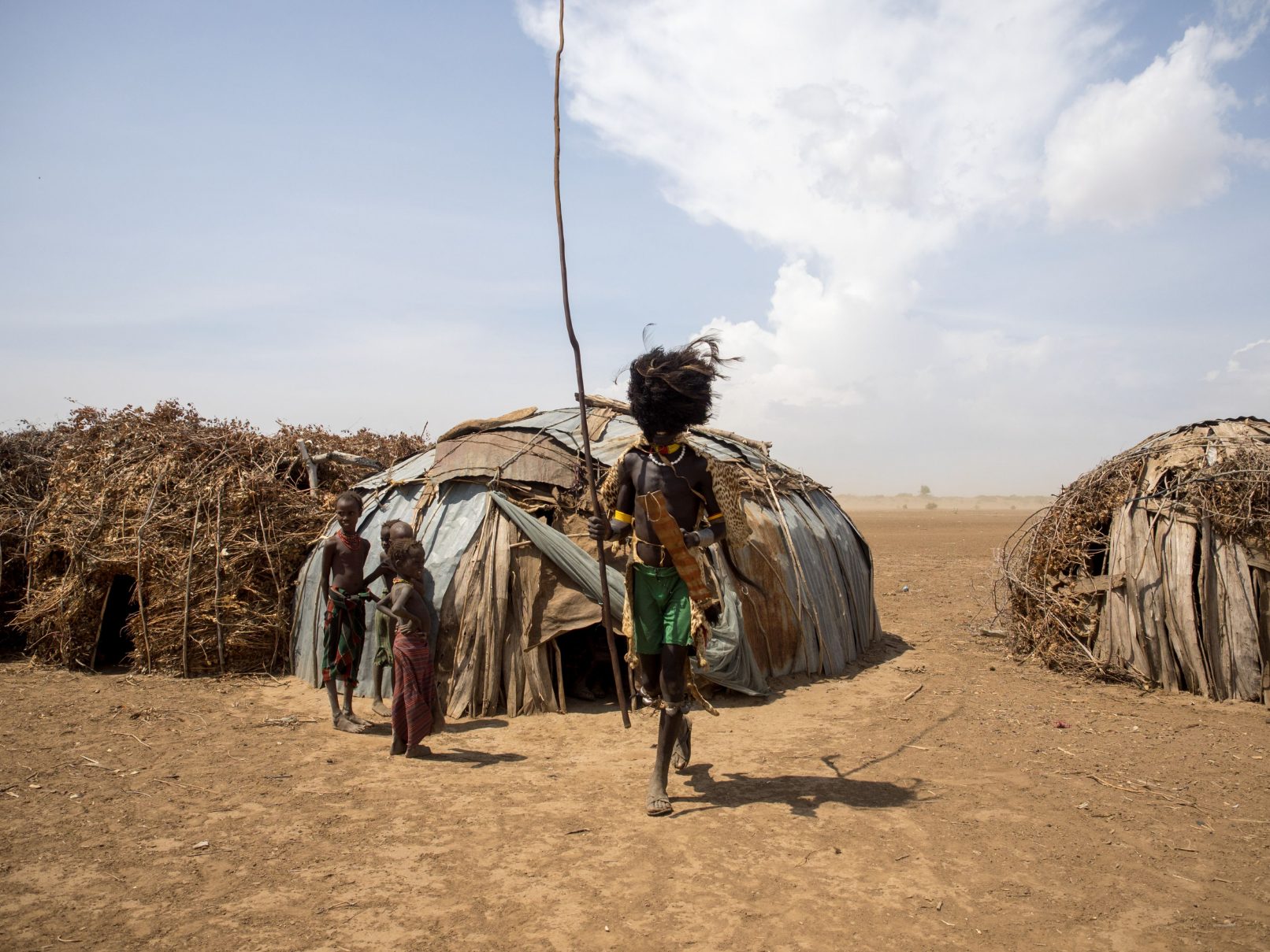
A father from the Dassenech tribe temporarily camping near the river Omo in southern Ethiopia. This father is dressed for 'Dimi' a ceremony where he blesses his young daughter/s fertility and presents her for marriage. At this time, he becomes an elder. Social norms that harm women and girls like child marriage and FGM are now against the law in Ethiopia.
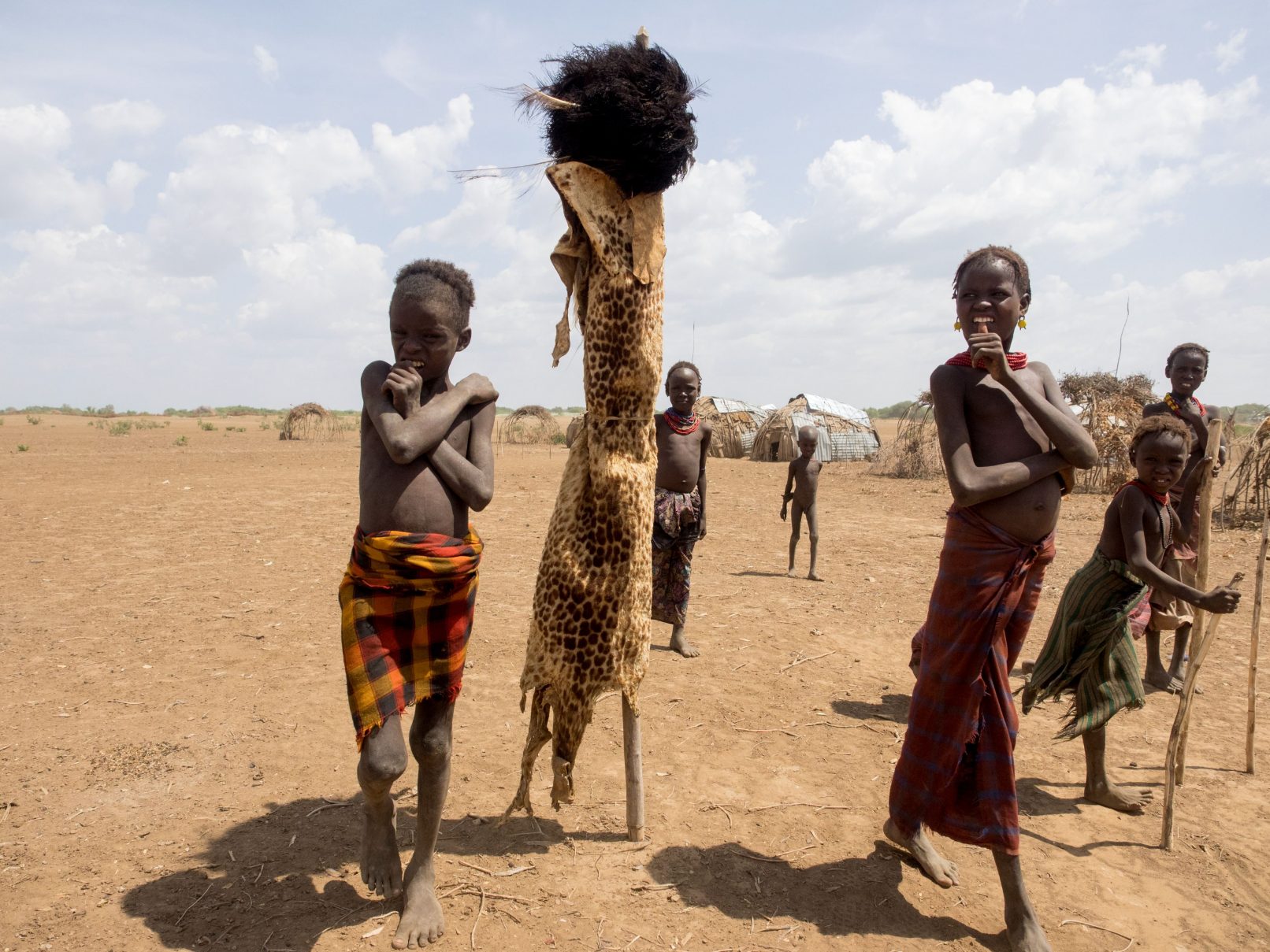
Dimi is the early marriage ceremony practised by the Dassenech people in Dassenech woreda. Fathers take their daughters across the River Omo to a remote location where they carry out special ceremonies and customs as a sign that their daughters are ready for marriage. In some places, the Dimi ceremony lasts a whole year.
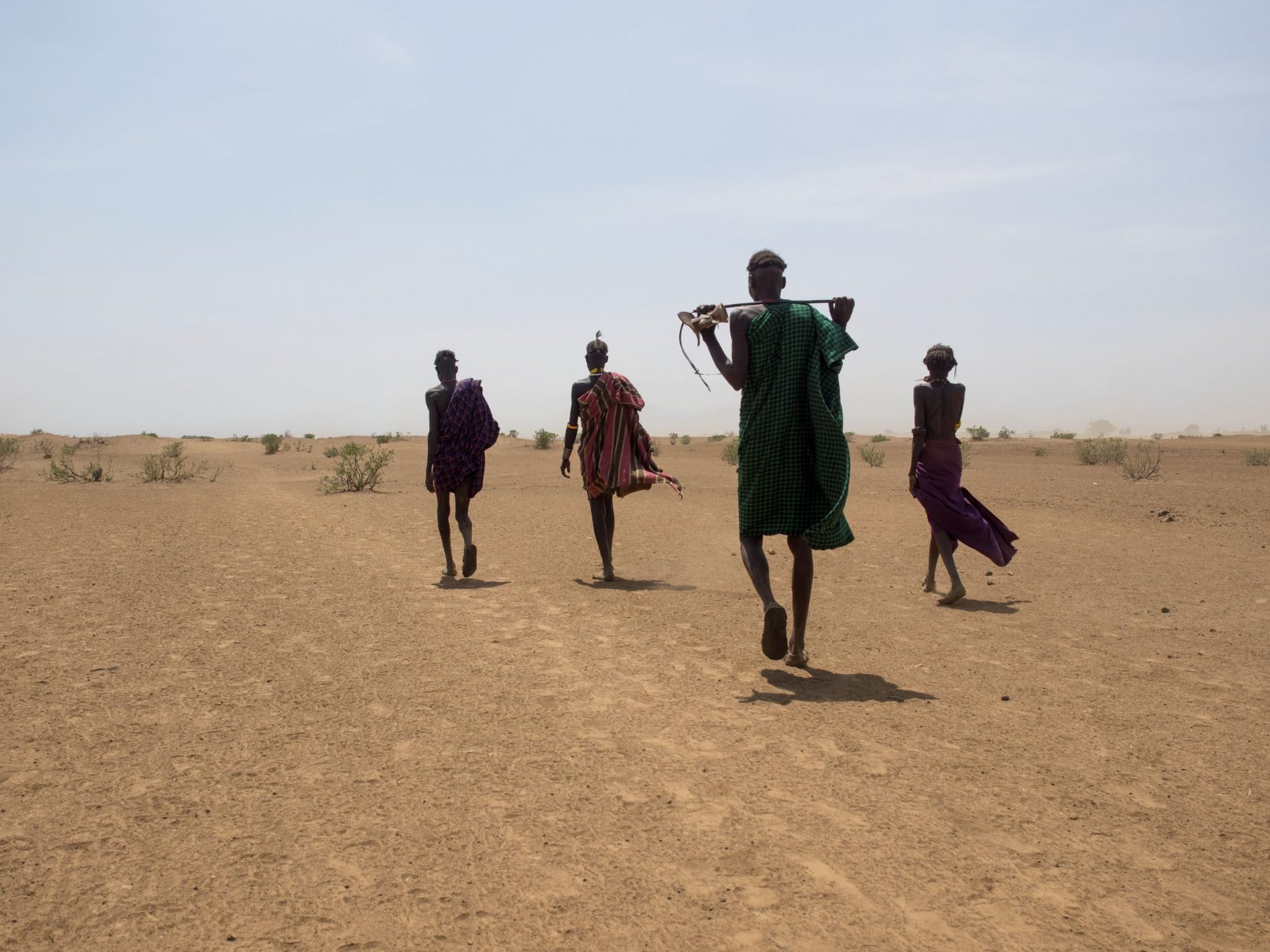
A community of the Dassenech people living near the river Omo in southern Ethiopia.
